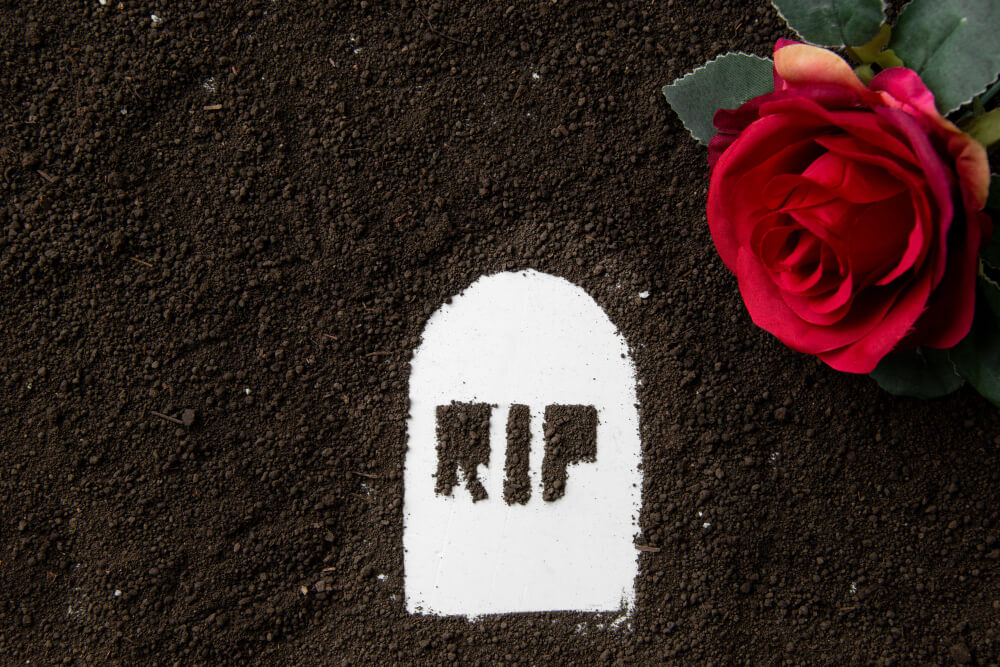Proving Liability In Wrongful Death Cases
When a loved one dies as the result of someone else’s wrongful act or negligence, the legal system in the country provides the means for seeking justice through a wrongful death lawsuit.
A wrongful death claim is a civil remedy that allows certain surviving family members to hold individuals, companies, or government agencies responsible for intentional or unintentional actions that cause the death of a family member.
Not all deaths, even accidental deaths, will qualify for a wrongful death lawsuit. These cases must meet specific criteria.
The plaintiffs (usually close relatives through the estate of the deceased victim) must meet the burden of proof that the victim would have had to if they were alive.
The Plaintiff Must Be an Heir or Personal Representative
To file a wrongful death lawsuit, the plaintiff must be an heir or the personal representative of the deceased person’s estate.
Only close family members such as spouses, children, or parents can file as heirs.
In Texas, if the individuals entitled to bring action fail to initiate it within three calendar months after the death of the injured individual, their executor or administrator can bring and prosecute action unless requested not to by all those individuals entitled to get the action. The proceeds received in the form of damages still go to the deceased’s heirs.
The family or estate must prove the defendant was the “proximate cause of the deceased person’s death” for a case to be successful.
Elements Of A Successful Wrongful Death Claim
Proving liability in personal injury lawsuits can be complex. It is even more challenging to prove it in wrongful death cases.
The success of a wrongful death lawsuit hinges on several vital elements.
Negligence Or Wrongful Act
Negligence forms the legal basis for pursuing compensation and justice in a wrongful death case.
Establishing negligence is a crucial element in determining liability. The plaintiff (surviving family) must demonstrate that the cause of the victim’s death was another party’s wrongful act or negligence.
It is necessary to prove that the at-fault party was negligent in fulfilling some duty of care.
Breach Of Duty
Duty of care is the obligation of one person to another.
Any behavior that places human life at risk amounts to a breach of duty.
To determine a breach of duty, the court will examine the defendant’s actions and compare them to what a reasonable person would have done under similar circumstances.
Causation
Establishing causation is difficult in proving wrongful death. The plaintiff must prove that negligence was the cause of the family member’s death. The defendant’s actions or inactions must be partially or entirely the reason a loved one has died.
It has to be proved beyond reasonable doubt that the reckless, careless, or negligent act of the defendant led to the death of the victim.
A plaintiff in a wrongful death lawsuit can attach the Certificate of Death to their complaint to plead causation.
A coroner must inquire into and determine the circumstances, manner, and cause of death when drafting a death certificate.
Several different types of evidence may also help prove wrongful death, including:
· Police reports
Police reports can provide information about the circumstances surrounding the death, such as the cause of the accident or the identity of the person who caused it.
· Medical records
Medical records can provide information about the deceased person’s injuries, the cause of those injuries, and the treatment of those injuries.
· Witness statements
Witness statements can provide information about the events that led to the death.
· Expert testimony
Expert testimony can help justify the medical or scientific evidence in a wrongful death case.
Damages
The plaintiff in a wrongful death lawsuit must suffer substantial losses because of their family member’s death.
These can include medical expenses, funeral costs, loss of financial support, emotional and psychological anguish suffered by the surviving family members, and punitive damages.
Punitive damages are intended to punish the responsible party and deter others from engaging in similar behavior.
Bart Bernard injury Lawyers: Louisiana Personal Injury Lawyers Taking Legal Excellence Beyond State Lines
The unique relationship between the states of Texas and Louisiana is well known. The two states have always helped each other in times of crisis.
Keeping up with that tradition, Bart Bernard Injury Lawyers has opened an office in Texas to provide legal solutions to personal injury victims in Texas.
The move is part of the firm’s commitment to serve its clients better and provide enhanced legal representation in Texas.
Opening an office in Houston with a strong focus on personal injury litigation is a transformational milestone for Bart Bernard Injury lawyers. Serving people and finding ways to make lives and communities better is at the heart of the firm’s practice.
Few law firms can offer Louisianans legal representation across state lines for incidents involving the Texas court system like Bart Bernard Injury Lawyers.
For over twenty-five years, Louisiana personal injury lawyer Bart Bernard has fought to secure justice and compensation for individuals who have lost loved ones due to the negligence of others and to prevent similar incidents of wrongful death from occurring again.
If you have lost a loved one as a result of negligence in Texas or Louisiana, wrongful death attorney Bart Bernard can help you and your family fight for the compensation you deserve.
We have offices in Lafayette and Houston. Contact our office nearest your location to schedule your free case evaluation.





